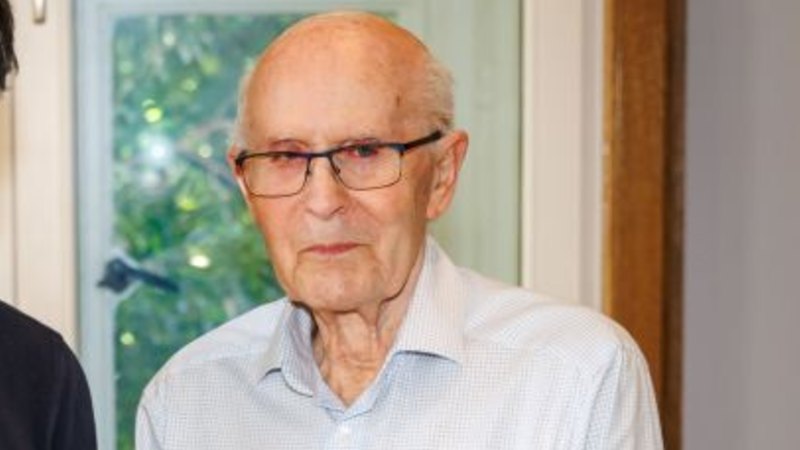
UPDATE: The Nobel Prize in Chemistry has been awarded to Susumu Kitagawa, Richard Robson, and Omar M. Yaghi for their revolutionary work on metal-organic frameworks, a breakthrough dating back to 1989. The announcement came just moments ago from Stockholm, where the Nobel committee highlighted the trio’s monumental contributions to the field of molecular architecture.
In a statement, the committee praised the laureates for creating “molecular constructions with large spaces through which gases and other chemicals can flow.” This innovative work opens up a world of applications, including the ability to harvest water from desert air, capture carbon dioxide, and facilitate chemical reactions—a pressing need in today’s world grappling with climate change and resource scarcity.
Richard Robson, an esteemed professor at the University of Melbourne, is now recognized as a Nobel laureate at the age of 88. His colleagues, Kitagawa of Kyoto University in Japan, and Yaghi from the University of California, Berkeley, aged 74 and 60 respectively, have also been acknowledged for their significant contributions. The announcement was made by Hans Ellegren, secretary-general of the Royal Swedish Academy of Sciences, marking the third Nobel Prize revealed this week.
The Nobel committee elaborated on how these metal-organic frameworks function. “These constructions can absorb and contain gases inside these frameworks, with many practical applications today,” they stated. This includes the urgent need to capture carbon dioxide from the atmosphere and the revolutionary ability to extract water from arid environments, which could be a game changer for communities facing water shortages.
The work of these three scientists, while conducted separately, has been instrumental in advancing each other’s research pursuits, culminating in this prestigious recognition. Their findings are not just academic; they hold the potential to influence environmental policies and technologies worldwide.
As the world watches these developments unfold, the contributions of Susumu Kitagawa, Richard Robson, and Omar M. Yaghi exemplify the power of scientific innovation in addressing some of today’s most pressing challenges. Expect further insights into their groundbreaking work as media coverage continues to expand.
Stay tuned for more updates on this exciting announcement that could reshape the future of chemistry and environmental science!






